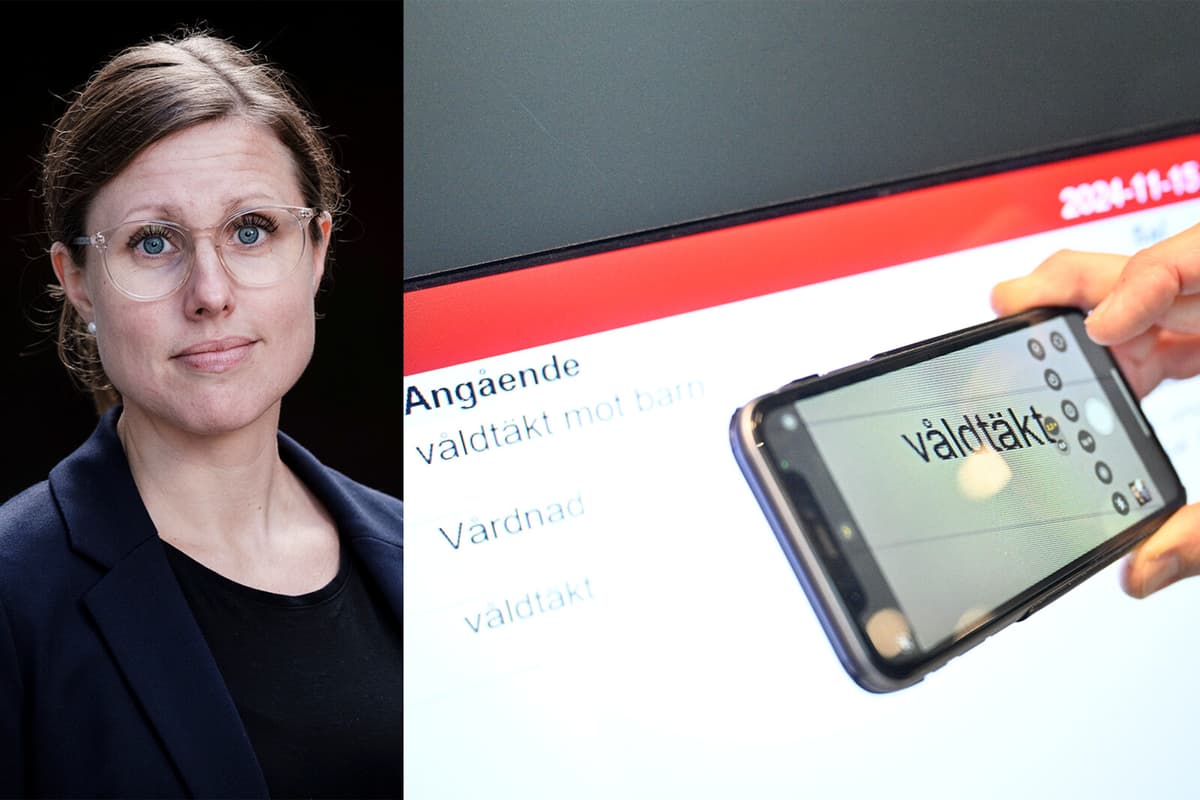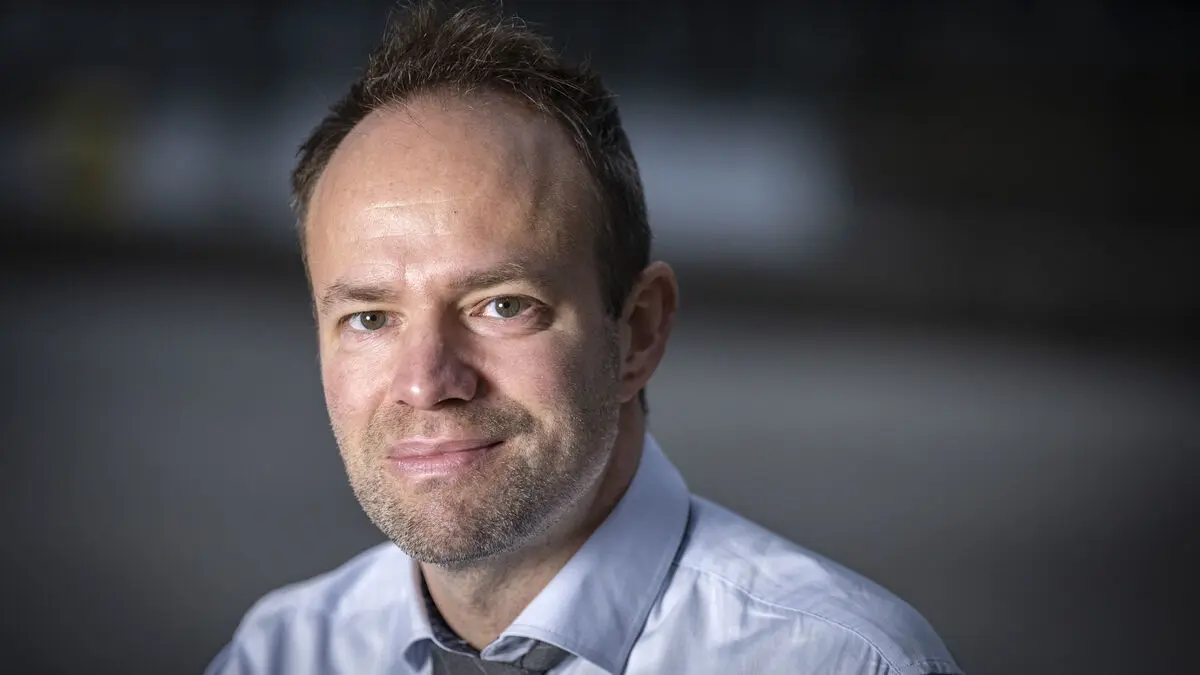All inmates at the Prison and Probation Service are risk-assessed to determine who to focus on specifically to reduce the risk of reoffending.
Johanna Lätth, forensic specialist psychologist and the Prison and Probation Service's expert on sexual offences, describes the authority's treatment program as a key in the reoffending prevention work.
It's about working with structured, behavior-oriented psychological treatment of what we know are risk factors for reoffending, she says.
The combination of risk factors – such as previous convictions, impulsivity, permissive attitudes towards sexual violence, lack of intimate and stable adult relationships, paraphilias or hypersexuality – looks different.
The more factors, the greater the risk of reoffending. We try to equip our clients to reduce that risk. Often, there are specific high-risk situations for each individual where we work on how not to end up there and, if they do, how to get out of it without committing a crime.
Fewer reoffenses
The Nytorgsman was supposed to have refused treatment during his time in prison. According to Lätth, however, the completion rate for sexual offender programs is relatively high, around 85 percent.
But how likely is it that a serial rapist can be rehabilitated into society? Johanna Lätth does not want to comment on individual cases, but points to reoffending statistics.
The Prison and Probation Service's follow-ups show that 32 percent of inmates are convicted of crimes within three years of release. The corresponding figure among sexual offenders is nine percent, of which two percent are convicted of sexual offenses.
This is a group that comes back clearly less often, including high-risk individuals.
At the same time, it's obvious that different types of reoffending have different types of consequences. Even if it's a low figure, it has a very high value to prevent every sexual offense given the serious consequences for the victim.
"Counterproductive"
Sex offenders evoke revulsion like few others. Handling them, says Lätth, is a particularly challenging task for society.
We should never accept this criminality. But if you only take a distance and exclude, I think it becomes counterproductive. Instability in life situations is a risk factor for reoffending. So, you also have to think about how to take care of these individuals – with the aim of preventing crime.
The Nytorgsman was conditionally released in March this year. The 37-year-old serial rapist had then served two-thirds of his five-year prison sentence for a long series of rapes and sexual assaults committed in his apartment at Nytorget in Stockholm. This despite repeated misconduct and the Prison and Probation Service assessing the risk of reoffending as high.
He was arrested again on Tuesday and remanded in custody on Friday on probable cause suspected of a new rape allegedly committed in his current home in Skåne.
The plaintiff is a young woman, according to the prosecutor who did not want to specify her age.
Preventell is a national helpline for people who feel they have lost control over their sexuality and are worried about their thoughts and actions or for fear of committing sexual offenses.
Anonymous conversations take place with people with extensive experience of similar issues who can provide support and advice and help those who want to continue with treatment.
Even relatives or people who have questions about sexual problem behavior are welcome to call.
Phone hours are weekdays between 12 and 3 pm. The line is open for messages around the clock, all year round. Preventell calls back the next weekday from a hidden number.
The helpline is run by the Anova reception at Karolinska University Hospital.






